Alternatives to Terraform Cloud in 2024
Should you use Terraform Cloud or is there a better alternative?
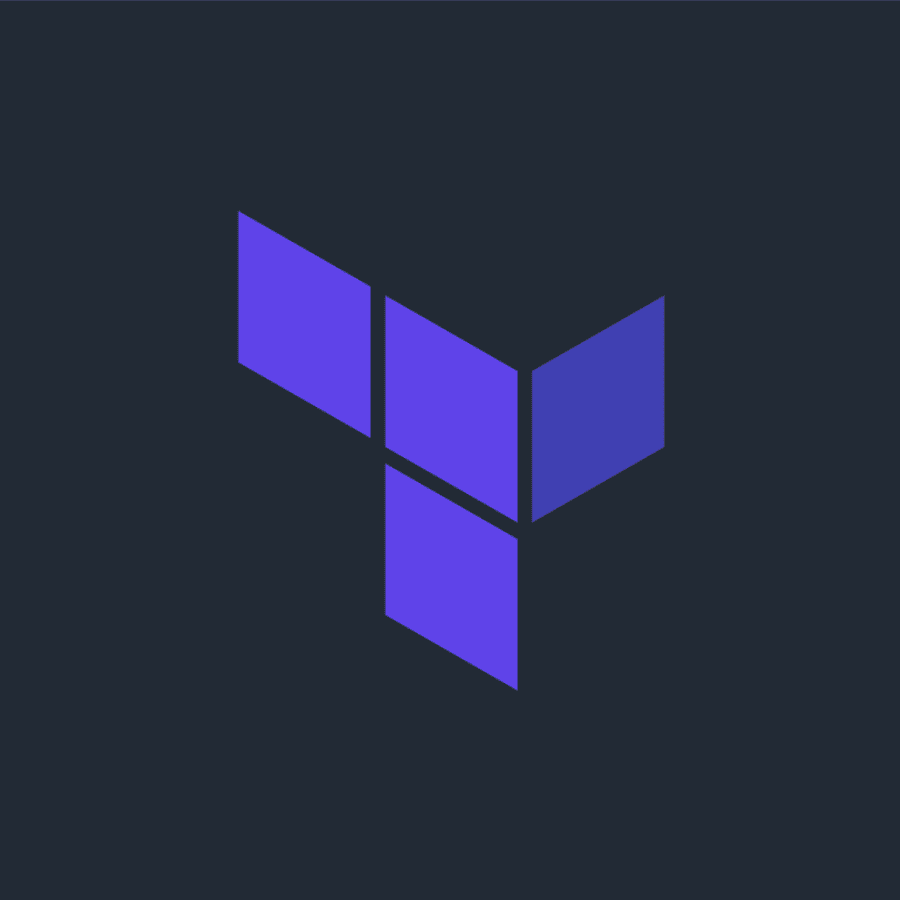
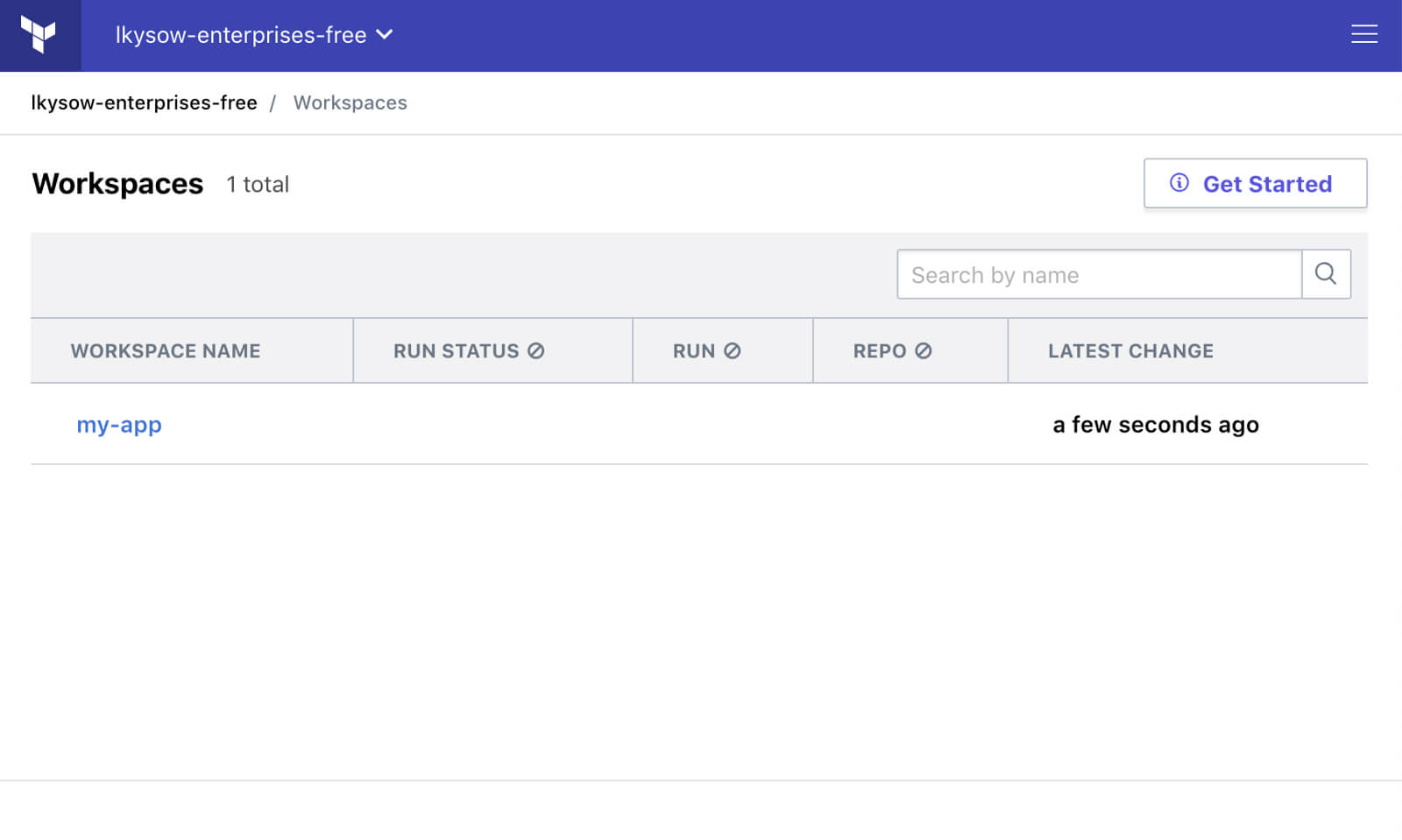
When it comes to Infrastructure as Code (IaC), Terraform has become almost synonymous with the concept. Terraform enables users to define and provide data center infrastructure using declarative configuration files. Terraform Cloud, a managed service designed to provide teams with collaboration, governance, and automation tools for their Terraform projects.
Benefits of Terraform Cloud
Version Control Integration: Terraform Cloud integrates with popular version control systems (VCS) like GitHub, GitLab, and Bitbucket, allowing for smoother CI/CD workflows.
Secure Variables: Terraform Cloud supports storing sensitive data securely, such as API keys or database passwords.
Policy as Code with Sentinel: HashiCorp’s Sentinel offers a policy-as-code framework that enables fine-grained, logic-based policy decisions, ensuring that infrastructure changes meet compliance and governance policies.
Audit Trails: Terraform Cloud keeps a log of all activities, providing transparency and traceability for changes made.
Limitations of Terraform Cloud
- Drift in State Management: Terraform must keep track of the current state of your resources. Managing this state file, in a codebase entirely separate from the application code, can be problematic in a large team setting – especially as individuals will often circumvent the process by making changes directly in the cloud provider's console. This often causes "drift", meaning the configuration file does not match reality.
- Learning Curve: Terraform uses a proprietary syntax, HashiCorp Configuration Language (HCL), for infrastructure configuration. This can be challenging for beginners and comes with a steep learning curve. Moreover, it requires a lot of experience with each cloud provider's services to ensure proper configuration.
- Significant Effort in Environment Setup: Configuration needs to be manually replicated for different environments, which is often time-consuming and error-prone. The scope involved often leads to teams relying on 1:1 duplicates of production for dev and staging environments. This causes expensive over-provisioning of these environments, significantly increasing cloud costs.
- Debugging Errors: Debugging and error handling can be complex, especially with large deployments.
- Disconnect Between Developers and DevOps: Developers, typically not versed in HCL, are often forced to rely on DevOps to provision resources, often slowing down the development process.
While Terraform Cloud offers advantages, especially around policy management and audit trails, you should weigh these against its limitations and complexity. On balance, Terraform Cloud may not be the best fit for smaller teams wanting to focus on delivering product features rapidly.
Alternatives to Terraform Cloud
Various alternatives to Terraform Cloud have sprung up, offering different approaches and benefits. Next, we will explore some of these alternatives, namely env0, Spacelift, and Encore, to help you find the best fit for your infrastructure needs.
1. Encore
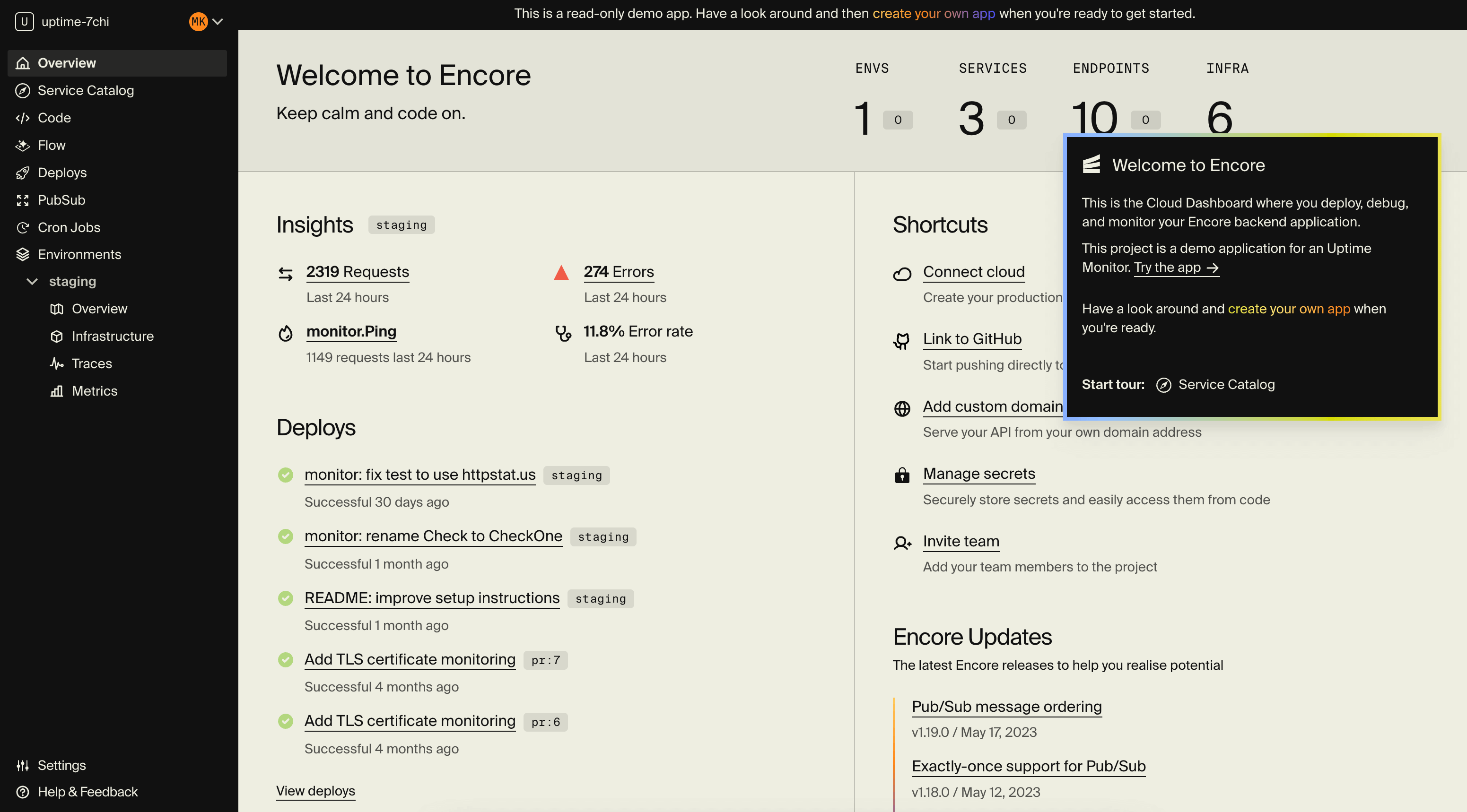
Encore goes beyond mere infrastructure provisioning. It's a holistic platform designed for building cloud-native applications, where the infrastructure aspect is abstracted, allowing teams to focus on application development.
Benefits
- Simplicity and Speed: Encore abstracts away many of the complexities of infrastructure management, allowing developers to concentrate on coding.
- Built-in Tools: Encore offers built-in distributed tracing, automated API documentation, preview environments, and more.
- Cloud Agnostic: Encore applications can be deployed to any cloud provider, providing flexibility and preventing vendor lock-in.
Limitations
- Less granular control over infrastructure compared to tools that focus solely on IaC.
Suited for
Teams prioritizing productivity and speed of delivery. Encore is ideal for those who want to focus on application development without diving deep into the intricacies of infrastructure management.
Try Encore
- Sign up here to take Encore for a spin.
- See this guide for advice on how you can best evaluate Encore depending on your situation and priorities.
2. env0
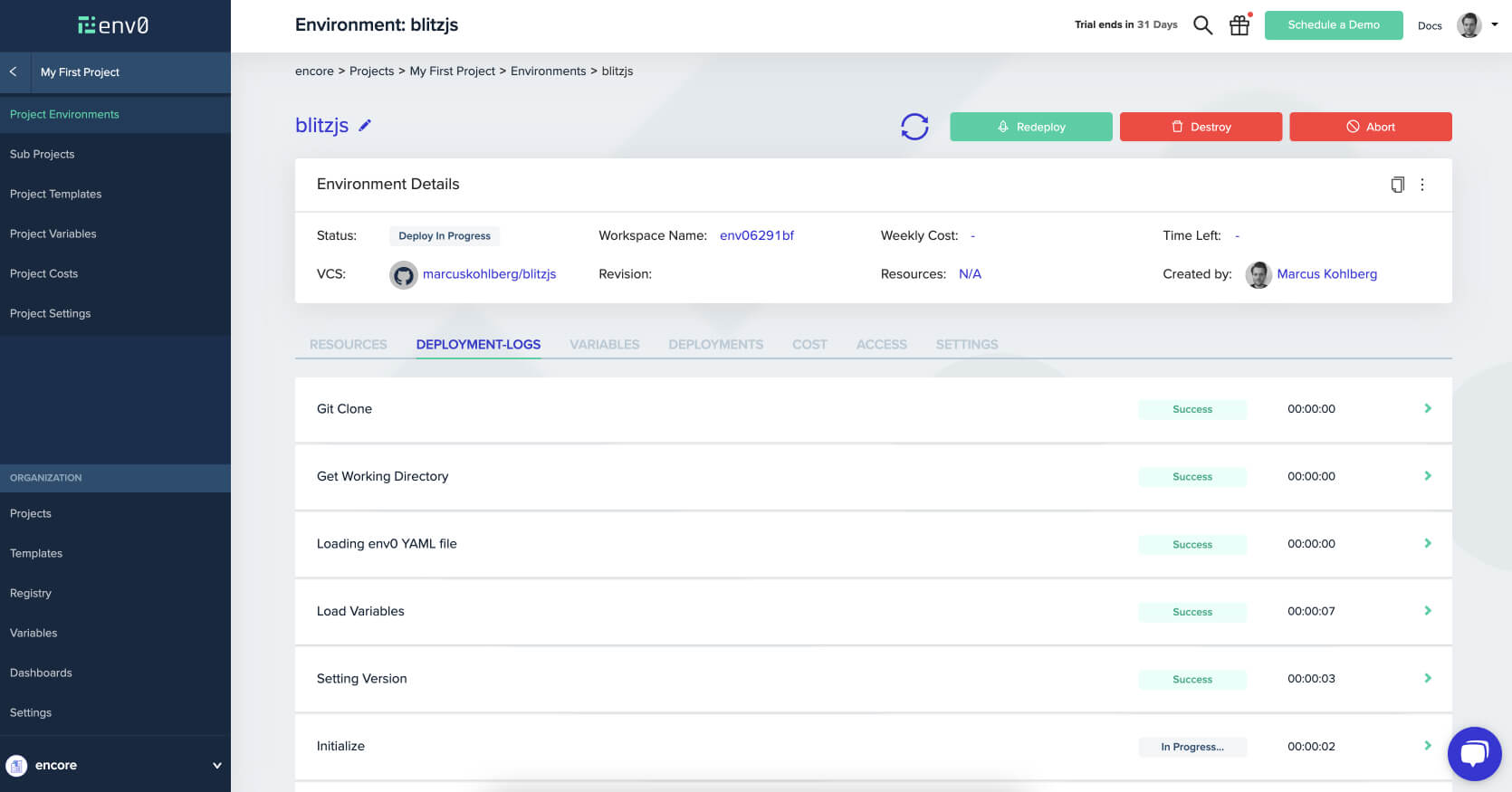
env0 provides a platform for infrastructure automation, governance, and collaboration. It's designed to make it easier to manage environments and infrastructure across multiple clouds.
Benefits
- Custom Flows: env0 supports custom workflows tailored to the needs of the team or project.
- Policy Controls: Teams can enforce infrastructure policies and best practices.
- Cost Management: env0 provides insights into infrastructure costs, allowing for better budget management.
Limitations
- Complexity: While env0 provides extensive customization and flexibility, there can be a steeper learning curve, especially for those new to IaC.
Suited for
Organizations looking for a high degree of control, especially those aiming for insights into their infrastructure costs, and who are willing to accept a higher degree of complexity.
3. Spacelift
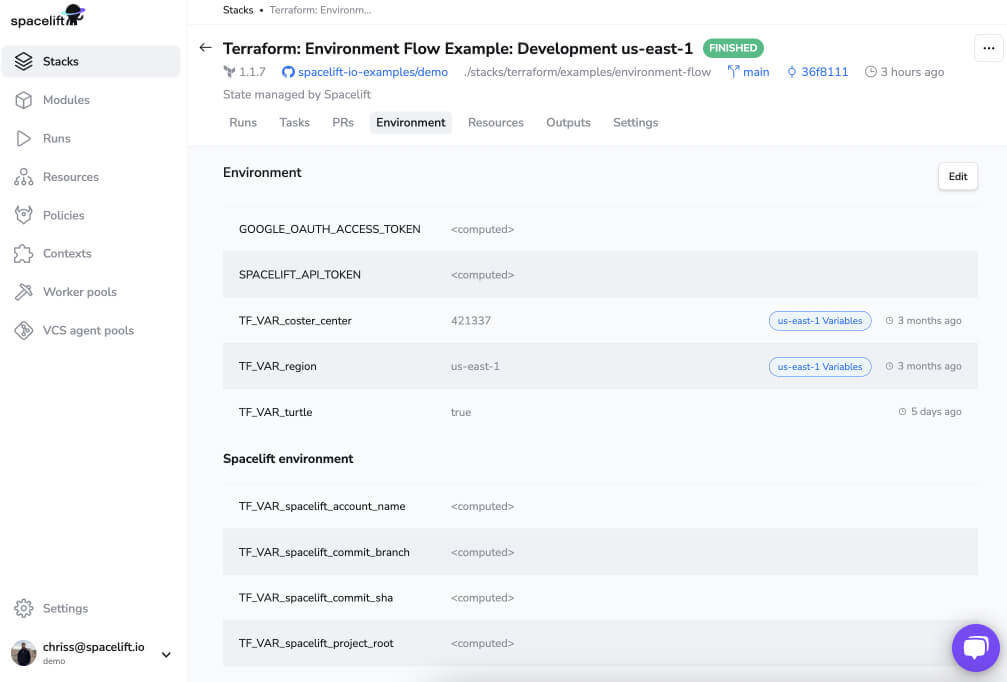
Spacelift is an IaC automation tool that integrates with platforms like Terraform and Pulumi. It focuses on providing a comprehensive platform for infrastructure management and automation.
Benefits
- Integration Friendly: Spacelift plays well with various VCS platforms and integrates seamlessly into CI/CD pipelines.
- Granular Access Control: Detailed permissions and access controls enhance security.
- Policy as Code: Similar to Terraform Cloud's Sentinel, Spacelift supports infrastructure policies.
Limitations
- Complexity: Spacelift's focus is primarily on automation and governance, which might be more than smaller teams need.
Suited for
Larger organizations or projects that need in-depth automation and governance around their infrastructure.
Conclusion
The choice between Terraform Cloud and its alternatives largely depends on your team's specific needs. For those seeking a powerful yet simple solution that will enable you to move quickly, Encore offers a balanced solution.